




tinyurl.com/mr7kk726


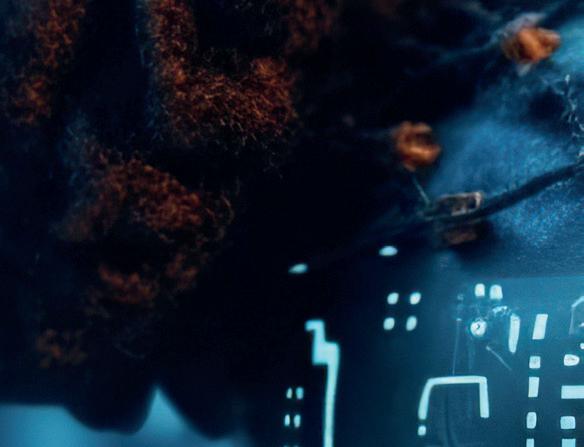



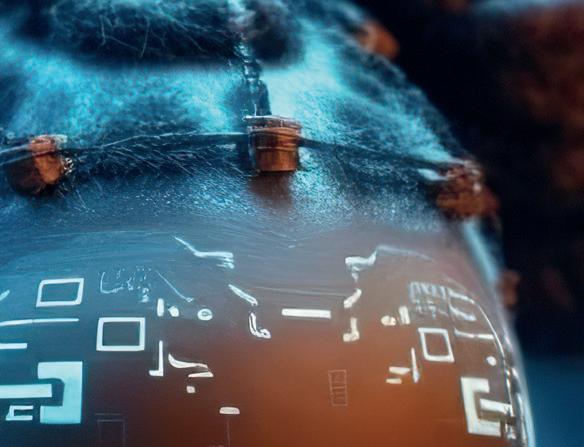
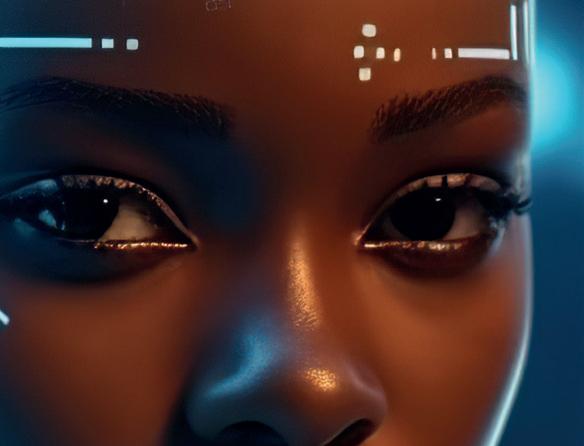













tinyurl.com/mr7kk726





























Prof. Juliet
Perumal
MESSAGE FROM HEAD OF THE WITS SCHOOL OF EDUCATION
Welcome to this first edition of Witsies in Action—a celebration of the people, projects, and possibilities that define the Wits School of Education (WSoE). It gives me great pride to introduce this vibrant snapshot of our collective commitment to shaping an inclusive and just future through transformative education.
The WSoE’s journey continues to be marked by a deep and deliberate investment in building inclusive digital futures. From innovation in teaching practice and curriculum transformation, to advancing digital readiness for both staff and students, our School is foregrounding equity, care, and excellence in a rapidly evolving educational landscape. Our efforts are not only about technology adoption but about ensuring that no student or educator is left behind in the digital shift.
As a proud member of the African Engineering and Technology Network (AFRETEC), Wits University—through active participation across all five faculties—has positioned itself as a continental leader in the development of digitally enabled, inclusive education. The WSoE is at the forefront of this drive, engaging in strategic research and capacity-building projects such as the TED-SOEP, SoLTMAC and the open educational resources (OER) initiatives. These initiatives respond directly to our context: addressing infrastructure limitations, advancing pedagogical innovation, and building communities of practice in teacher education across Africa.
Notably, our work in partnership with the University of Rwanda—mentoring earlycareer academics and in-service school
leaders—demonstrates the value of digital tools in nurturing sustainable leadership for learning. Meanwhile, projects that harness immersive virtual reality, AI-readiness, and multilingual digital pedagogies signal a future-facing approach rooted in the realities of South African classrooms.
We are equally inspired by the extraordinary achievements of our students and staff. From the achievements of Ms Jade Snashall to Associate Prof. Eunice Nyamupangedengu, Dr Msani and Prof. Brahm Fleisch, these milestones reflect the resilience, creativity, and determination of the WSoE community. Our scholars are engaging with issues of linguistic justice, gender equity in STEM, inclusive technologies, and academic mentorship in ways that centre the values of Ubuntu, social responsibility, and excellence.
As we mark Youth Month, it is fitting that many of the stories in this issue highlight the aspirations and activism of our younger generation—whether through Deaf youth at the DAFF, WURU peer tutors supporting academic literacy, or future educators designing multilingual STEM tools. The future, it seems, is already being shaped by their passion and purpose.
In this spirit, I invite you to explore this edition as more than just a newsletter—but as a testament to the incredible individuals and ideas that make the WSoE a hub for transformation. Let it remind us that digital education is not simply about innovation, but about inclusion. Not just about access, but about equity. And not only about skills, but about shared humanity.
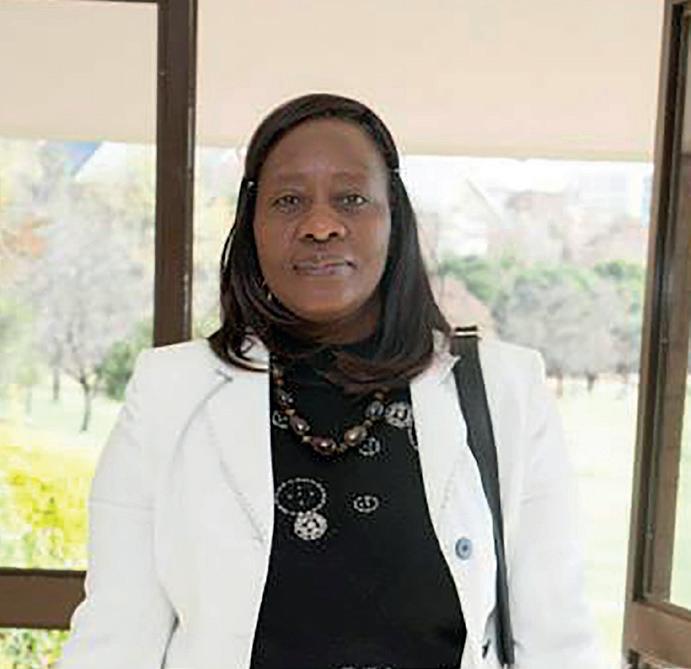
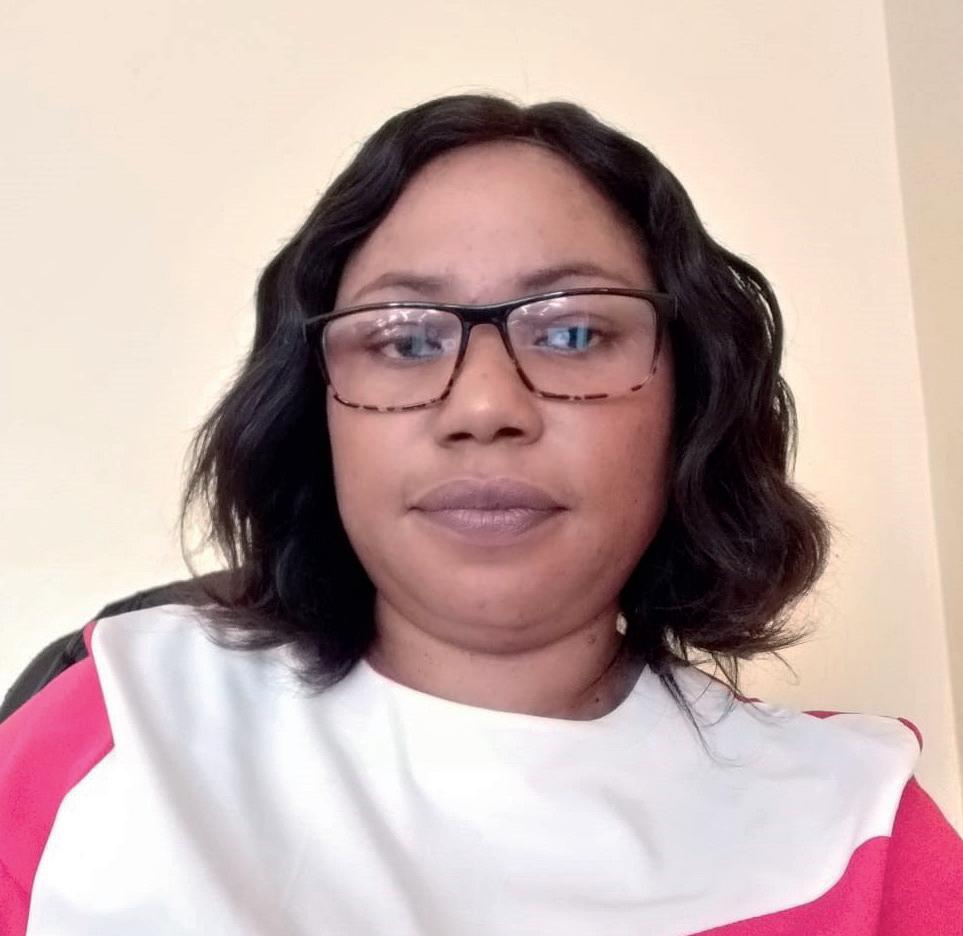
Dr Beatrice Akala and Dr Oluwakemi Ajayi highlight in their article
From Chalkboards to Clicks: Navigating the Digital Shift in South African Higher Education that the use of technology in teaching and learning post-COVID can be transformative. While they caution against the ongoing challenges faced by those in underresourced communities, they argue that bridging the digital divide is possible. This, they suggest, could be achieved through a range of interventions aimed at creating more inclusive and equitable education—such as investing in digital literacy programmes for students with limited technological exposure, developing loadshedding contingency plans, designing curricula and assessments that reflect students’ lived realities, and implementing flexible deadlines.
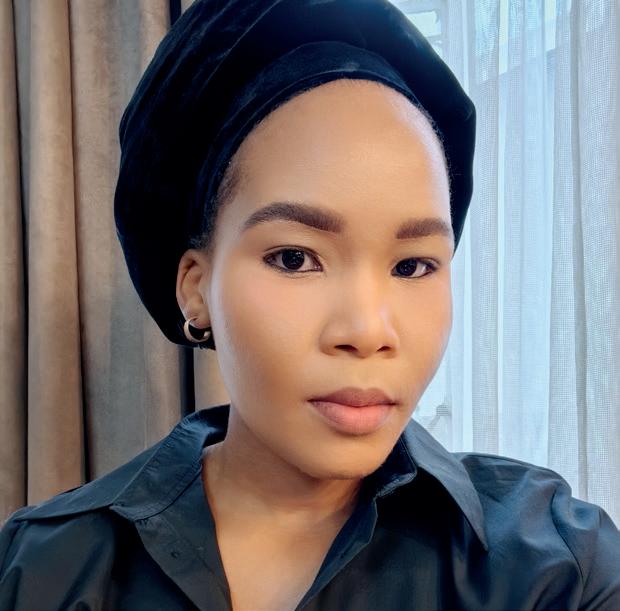
Dr Tebello Letseka
Dr Tebello Letseka explores how educational institutions should prepare for the era of Generative Artificial Intelligence (GAI), which is already upon us, in her article Teaching in the Age of AI: What Now? One of the greatest challenges facing educators today, she notes, is the urgent need to update curricula and pedagogical practices to equip students with complex, adaptive skills.
“As artificial intelligence continues to advance, so will the need to transform what we teach and how we teach,” she explains. The true potential of GAI, she argues, lies not only in making learning more efficient, but in its ability to deliver deeply personalised education tailored to each student’s needs.
Although the digital divide remains a concern, GAI has the potential to bridge this gap by democratising access to knowledge and essential tools. Dr Letseka concludes that education systems must focus on preparing students for an uncertain and rapidly evolving future—emphasising adaptability and futureready competencies.
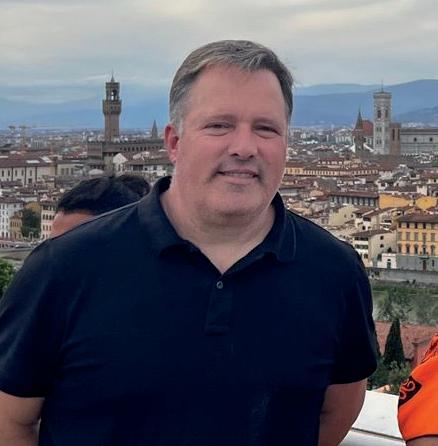
Dr Douglas Andrews
and Rwandan Universities:
Dr Douglas Andrews highlights the importance of ongoing collaboration between the Wits School of Education (WSoE) and the University of Rwanda, focusing on how digital technologies can support lecturers in mentoring and coaching in-service school leaders.
He explains that the current phase of the project, Academic Mentorship for InService School Leaders in South African and Rwandan Universities: A Lifelong Learning Project, aims to use digital tools to mentor early-career academics. The goal is to equip them with the skills needed to teach and support postgraduate students in navigating school leadership challenges, digitise academic work, and build inclusive, sustainable platforms.
Jade Snashall receiving the 2024 Faculty Dean’s Award presented by Dr Tanya Bekker



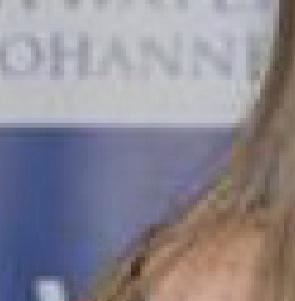





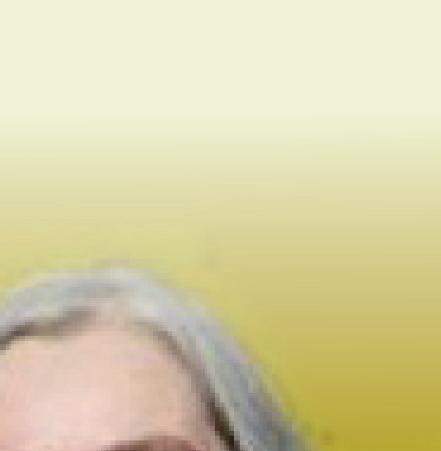

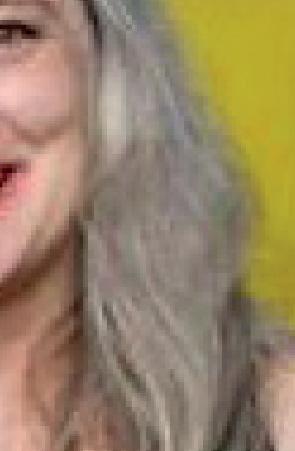
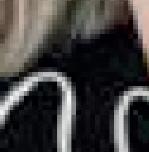

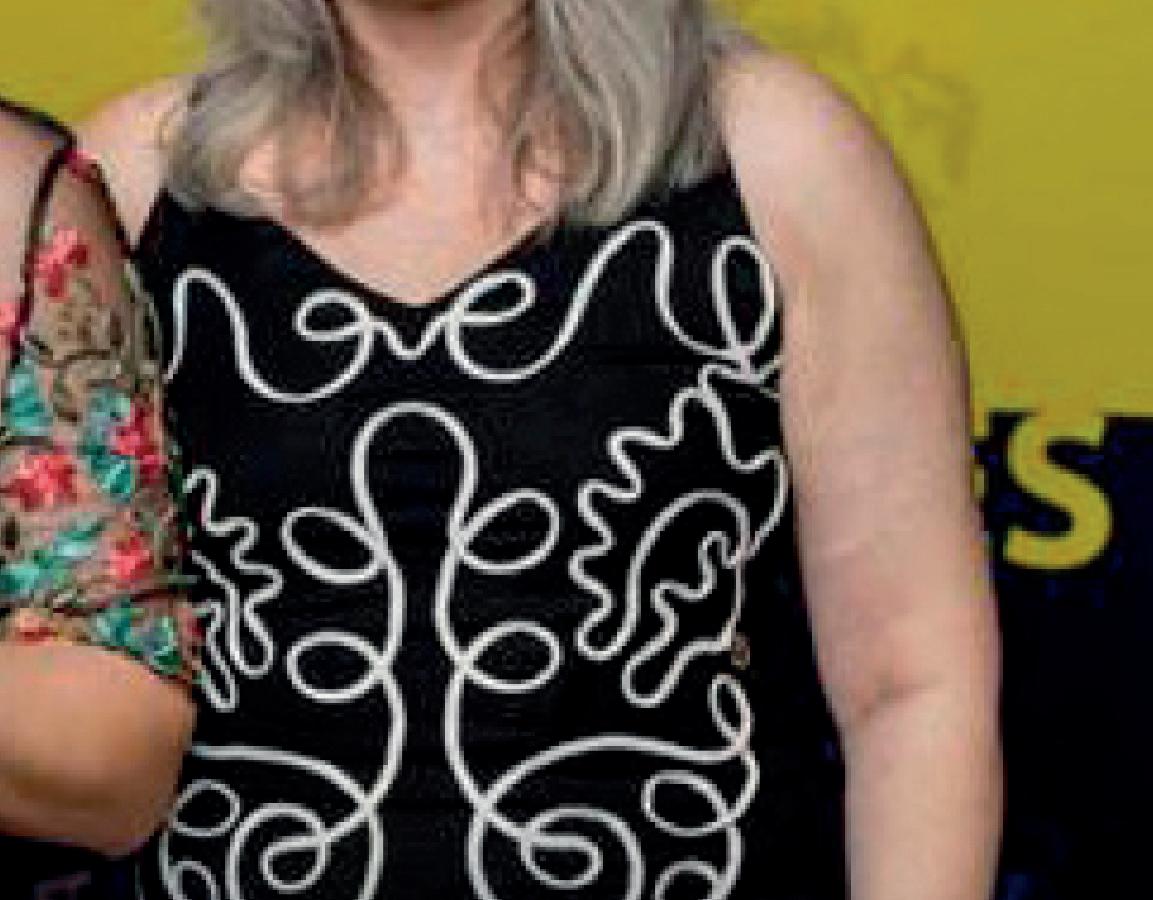

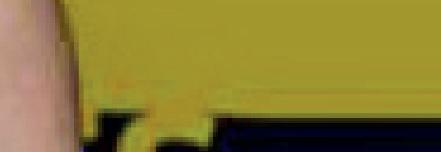





Jade Snashall, a Bachelor of Education graduate, is the proud recipient of the 2024 Faculty of Humanities Dean’s Medal. She also received awards for meritorious achievement in both Senior and Further Education and Training: Life Sciences and Senior and Further Education and Training: Physical Sciences.


Associate Prof. Eunice Nyamupangedengu
As a WSoE community we are truly proud of Associate Prof. Eunice Nyamupangedengu, who received the inaugural AFRETEC Inclusion Champion Award for her dedication to diversity in STEM. As a passionate advocate for inclusion, she supports underrepresented groups - especially women - through her unique postgraduate supervision model. As the Director of Marang, she leads the SoLTMAC project to build capacity among junior STEM lecturers and contributes to the UNESCO Chair in Teacher Education. Inspired by the award, she launched Patsime (“at the well”) a space to empower young women in STEM by supporting both their professional and personal aspirations.
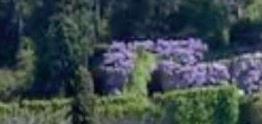
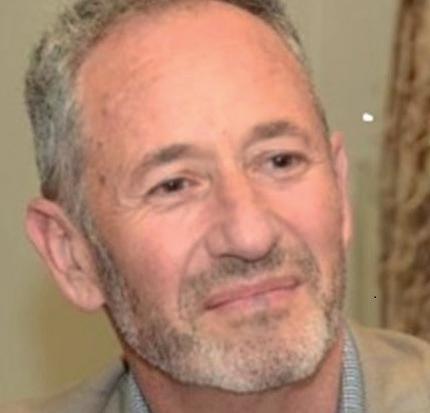


The School is very proud to congratulate Prof. Brahm Fleisch for being awarded the prestigious Rockefeller Foundation Bellagio Residency to complete his book on system-wide education improvement in the Global South. Each year, the Rockefeller Foundation invites a select group of international academics, innovators, and change-makers to advance their knowledge projects. Established in 1959 at Villa Serbelloni on Italy’s Lake Como, the programme offers thought leaders from fields like Economics,Art, Science and Policy a space to write and share ideas on key global challenges. Over the years, the programme has hosted thought leaders from over 130 countries, including over 85 Nobel Laureates.


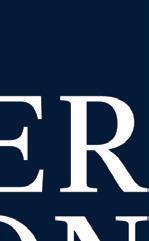

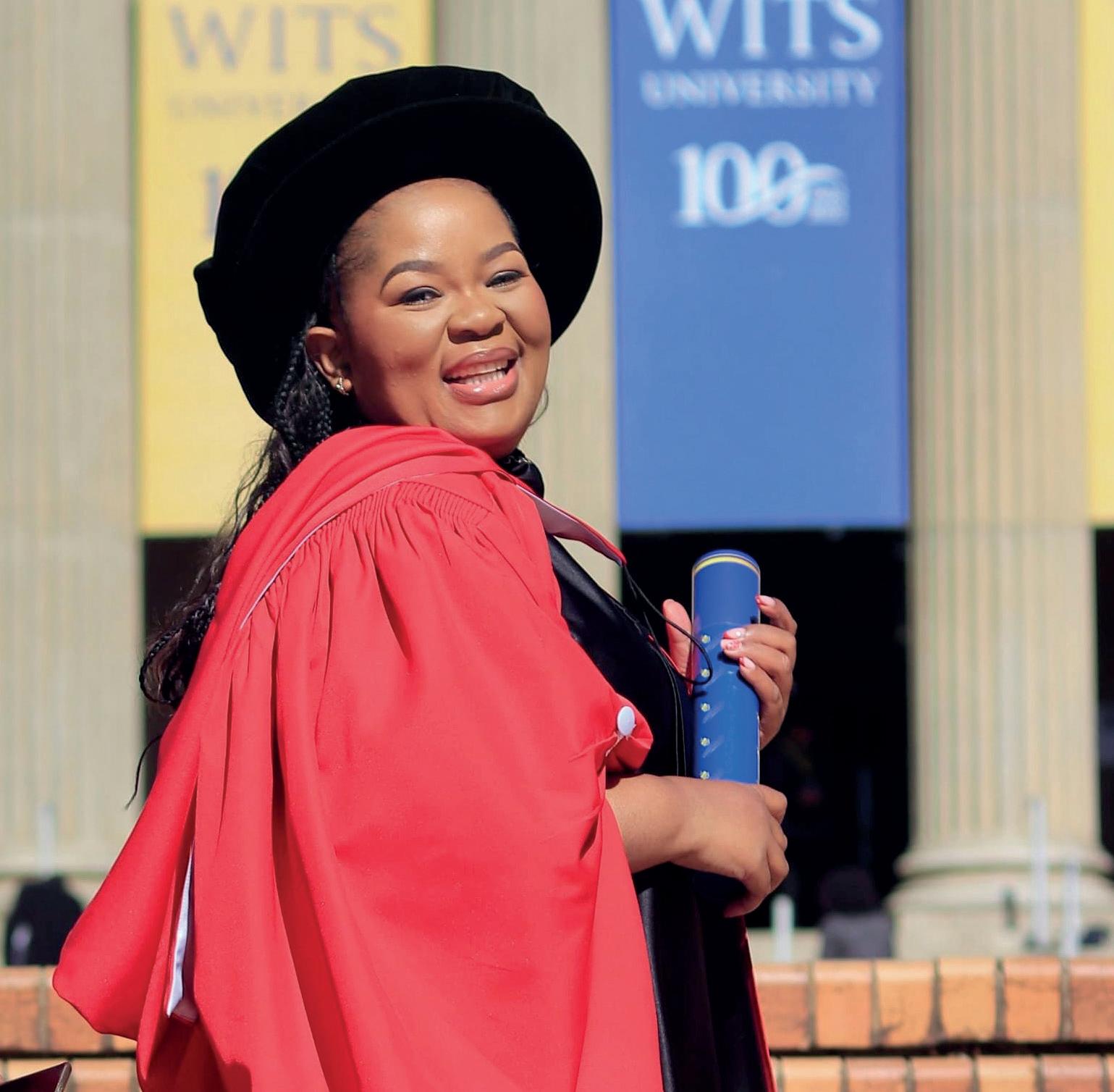
Dr Sindisiwe Msani
UDokotela Sindisiwe Msani ungowokuqala ngqa eNyuvesi yaseWitwatersrand, esikoleni sezeMfundo ukubhala ucwaningo lweziqu zobudokotela (PhD) ngolimi lwesiZulu. Ucwaningo lwakhe luphenya amasu okushintshanisa izilimi asetshenziswa othisha ababulimimbili emakilasini axube izilimi. Uthi ukwenza ucwaningo ngesiZulu kuhambelana nesiphakamiso esibekwe kuMthethosisekelo waseNingizimu Afrika ogunyaza ukusetshenziswa kwezilimi zama-Afrika kuzo zonke izingxenye zempilo okubalwa kuzo ukuxhumana kanye nokuthola ulwazi ngolimi lweBele. “Ngikholwa wukuthi ukukhohlwa wulimi lwakho kusho ukuzikhohlwa wena uqobo. Ngakho-ke, uma siyishaya indiva eyokuthuthukisa izilimi zethu kuyobe kuchaza ukuthi silahlekelwe wubuluqobo bethu. Phambili ngezilimi zama-Afrika, Phambili!”.

Dr Pam Moodley is conducting research on training pre-service teachers to integrate STEM education through the use of immersive virtual reality (IVR) headsets in Science and Mathematics. She explains how her study aims to demonstrate how IVR can enhance teacher training by equipping future educators with both pedagogical and technological skills that ultimately benefit their learners and communities.

Prof. Elizabeth Mavhunga has pioneered work on professional teacher knowledge through her “construct,” Topic Specific Pedagogical Content Knowledge (TSPCK), which has guided prospective science teachers in transforming complex content into conceptually coherent lessons. With the shift to digital education, an exciting development has seen TSPCK evolve into digital-TSPCK, a refined version specifically designed for online teaching. This evolution aims to empower teacher education programmes to lead digital transformation while maintaining strong pedagogical foundations.

Dr Preya Pillay

Dr Emure Kadenge
During the first semester of 2025, Dr Preya Pillay and Dr Emure Kadenge transformed the Education Studies III course through innovative digital pedagogy, thereby reaching 630 students. Using the Ulwazi learning management system, the team structured weekly modules with interactive multimedia content and collaborative spaces. Ulwazi’s New Analytics tool tracked student engagement and enabled targeted support to reduce student dropouts. Participation data was used to refine content delivery, creating a responsive, student-centred experience. This proactive use of analytics highlights how educational technology can improve student success and retention.

Prof. Ruksana Osman
Senior Deputy Vice Chancellor, Prof. Ruksana Osman, former Head of the Wits School of Education, highlights Wits University’s leadership in advancing digital education and innovation in Africa through its active role in AFRETEC and its impactful cross-country initiatives in teacher training and inclusive technology. In 2022, Wits became the only South African university to join the prestigious AFRETEC network—a Mastercard Foundation-supported partnership of leading tech-focused African universities. Over the past two years, all five Wits Faculties and several divisions have participated in AFRETEC-funded projects. This multi-year, multi-country collaboration has further solidified Wits’ position as a leader in digital education in Africa.
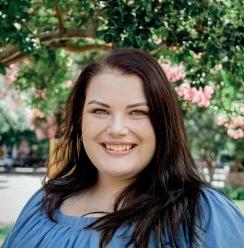

Dr Andri Schoonen and Dr Liztie Prinsloo, through the Scholarship of Teaching and Learning (SoTL) project, are focused on co-developing multilingual STEM resources and virtual caregiver tools for diverse early childhood classrooms. This initiative represents a meaningful contribution to SoTL, offering a scalable, interdisciplinary model for equity-focused, multilingual teacher education in South Africa. The project brings together students from Childhood Studies and Speech-Language Therapy at Wits, in partnership with Dr Mignon Botes.
Dr Douglas Andrews is coordinating the TED-SOEP project which aims to build capacity for developing, adapting, and sharing self-directed OERs in STEM. The project will be implemented at five South African HEIs—NWU, WITS, UP, UNISA, SPU—and two European universities. It was initiated by Prof. Ruksana Osman under the UNESCO Chair in Teacher Education for Diversity and Development and is being supported by a cross-disciplinary STEM team.


Dr Rina Durandt
Dr Rina Durandt has led a project using a blended, technology-integrated approach to develop thirdyear student teachers’ competence in mathematical modelling and task design for teaching fractions in primary schools. During this initiative, WSoE student teachers took part in a 10-lesson unit on fractions in April and May 2025. The research findings from this project show how context-sensitive, blended teaching can strengthen modelling skills and professional knowledge among future primary maths teachers, addressing both school and societal needs in the South African context.
Between 2022 and 2025, Dr Nokulunga Ndlovu was involved in the Open Educational Resources (OER) Project, which supports African teacher educators in developing culturally relevant, accessible learning materials. This project has led to ten educators from Rwanda, South Africa, Botswana, and Nigeria building a sustainable community of practice, whilst WSoE lecturers have co-authored subject-based curriculum modules and trained as future OER trainers.
As a mark of their contribution, it was an honour for the team to be invited to present at a Gauteng Department of Education Conference which is helping shape OER policy for

Dr Nokulunga Ndlovu
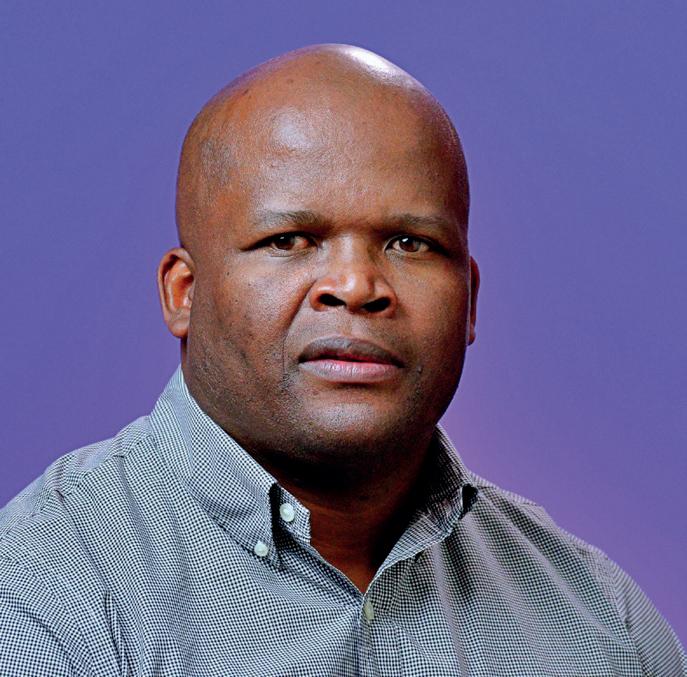
Prof. Reuben Dlamini
For the past eight years, Associate Prof. Reuben Dlamini has been actively involved in the Science and Technology Division’s Digital Education Lab, which has led multi-site digitalisation projects emphasising inclusive, ethical, and sustainable ICT integration in education. Through the Strategic Implementation of ICT Integration in Education programme, over 8,000 teachers— supported by postgraduate facilitators and undergraduate technical staff—have been trained across Limpopo, Gauteng, Mpumalanga, and the Northwest. The Lab’s efforts have also concentrated on building communities of practice that empower educators with digital skills. More broadly, the Lab collaborates with local governments, SETAs, and the University on an international teacher development partnership project (2024–2027), focused on Education for Sustainable Development.

Dr Caleb Mandikonza
Dr Caleb Mandikonza highlights the Wits School of Education’s participation in the Sub-Saharan Africa Teacher Leadership for Education for Sustainable Development (SSATL-ESD) project. Launched in Johannesburg on 25 March 2025, the initiative is coordinated by Leuphana University (Germany) under the UNESCO/ UNITWIN Network. It involves partners from South Africa, Zambia, Namibia, Malawi, Kenya, Crete, and Germany. The project aims to support the African Union’s goal of harmonising teacher standards across member states by promoting leadership in Education for Sustainable Development (ESD).



Student Benevolent Fund






The WSOESBF was established to support the well-being of the most vulnerable student teachers at the Wits School of Education. Many students face severe personal financial challenges that hinder their ability to learn and thrive. This fund provides critical assistance to ensure food security, access to basic healthcare, and the ability to fully participate in academic activities.
The fund is administered through the Wits University Foundation. Contributions are taxdeductible under Section 18A of the Income Tax Act (Act 58 of 1962, as amended), and donors will receive a Section 18A certificate after each tax year. Regular updates, including monthly support reports and quarterly financial summaries, are available to all donors. The fund’s financials are also submitted to the WSoE Executive Committee for transparency and accountability.
Your contribution helps restore dignity, support academic success, and change lives.
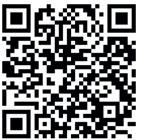
Scan the QR code to donate to the Wits School of Education Student Benevolent Fund
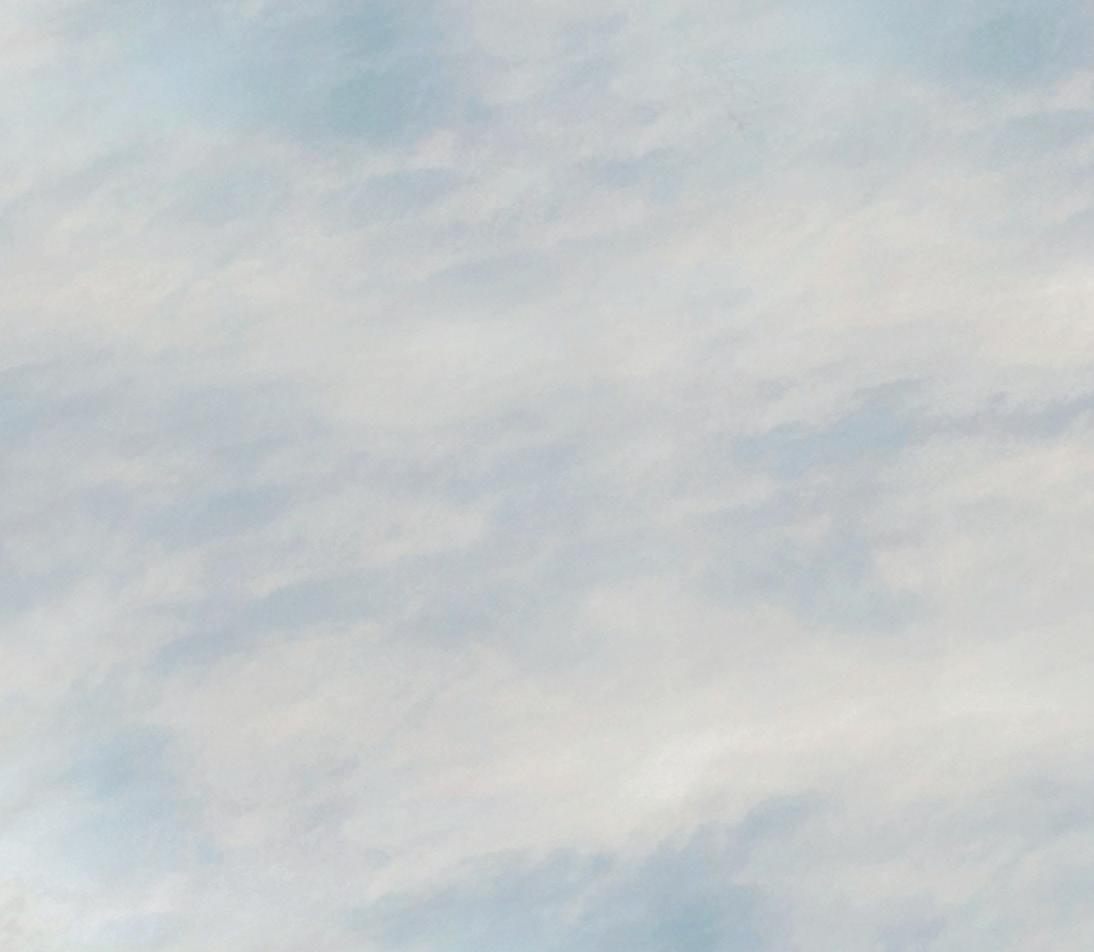


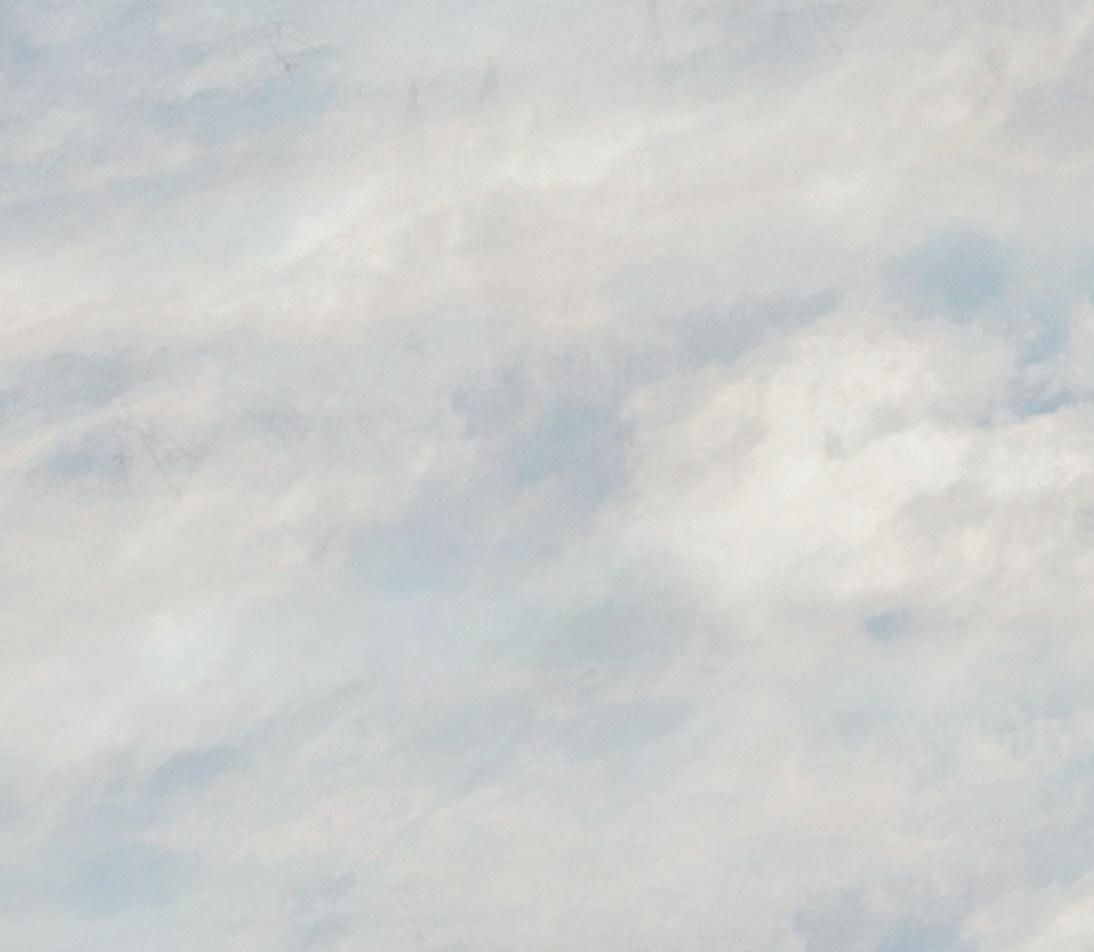
Associate Prof. Dominic Griffiths shares his experiences and insights of a recent workshop he attended along with Dr Presha Ramsarup and Associate Prof. Emmanuel Ojo in Edinburgh as supervisors in the WESAF Doctoral Programme. The programme started with 48 fellows completing an online MSc in Sustainable African Futures. From these, 24 were selected for a joint Wits-Edinburgh hybrid PhD starting in 2025, each with supervisors from both universities—including three from the WSoE. Associate Prof. Griffiths points out that this programme is helping bridge institutions and continents and holds great promise for developing emerging African scholars.


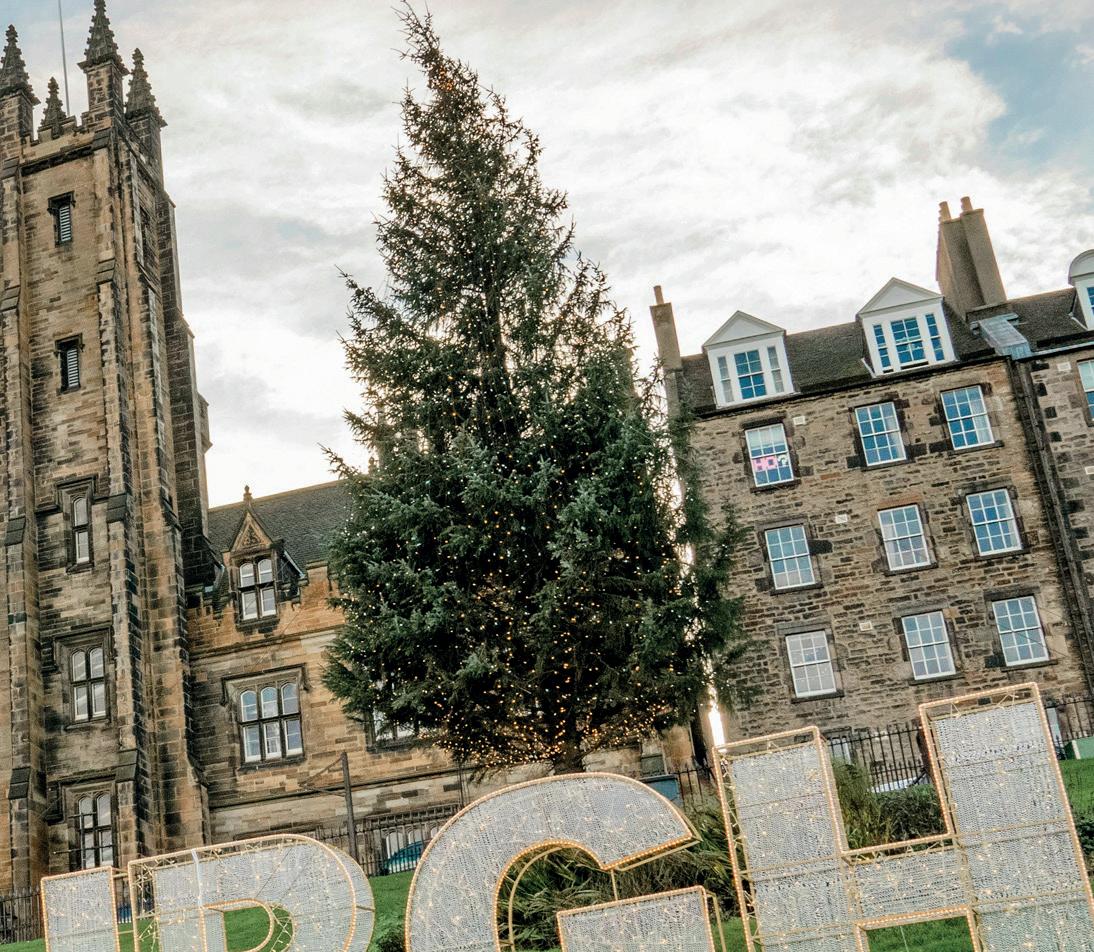


From left: Prof. Eunice Nyamupangedengu, Dr Fatima Makda, Dr Lawan Abdulhamid, Dr Rupal Jivan and Dr Nokulunga Ndlovu
Associate Prof. Eunice Nyamupangedengu formed part of the Wits delegation, who took part in the AFRETEC Gender in STEM Forum in Kigali, Rwanda. The Forum focused on empowering women and girls in STEM through mentorship, skills development, and institutional change. Associate Prof. Nyamupangedengu pointed to the Forum’s key moments—inspiring stories, including one from Dr Makda and student-led community projects—highlighting the power of mentorship and representation in STEM.
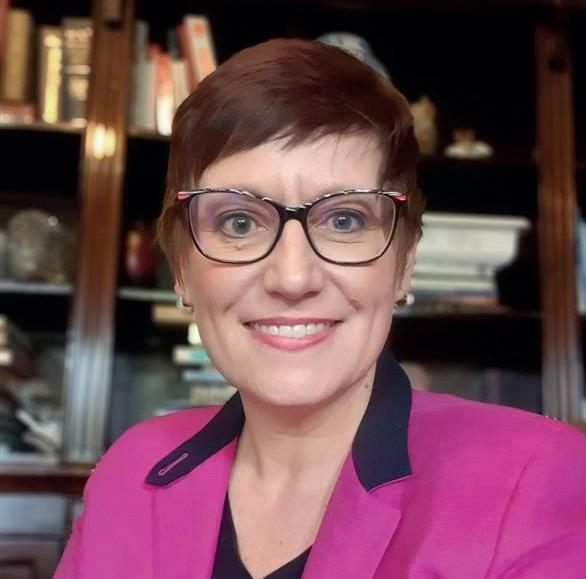
Associate Prof. Claudine Storbeck
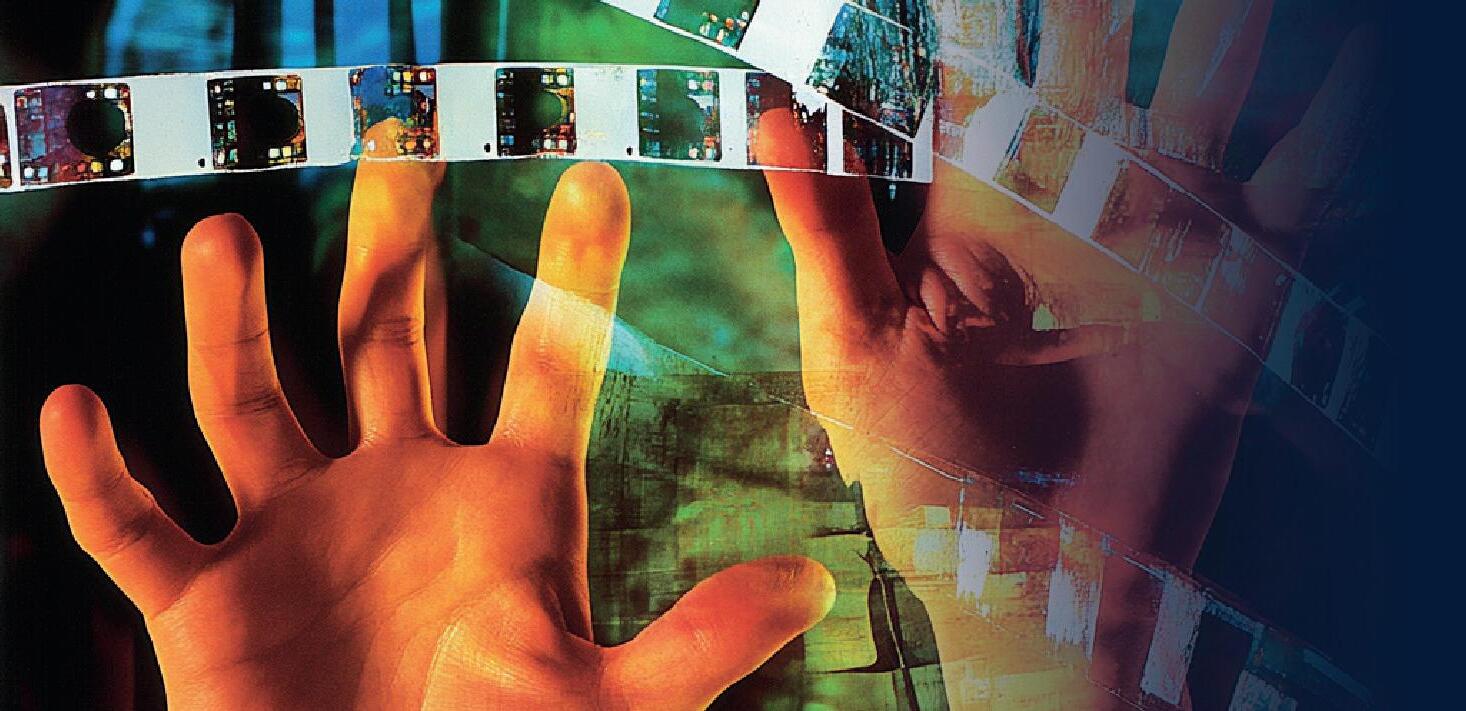
Deaf Art and Film Festival
wits.ac.za/centre-for-deaf-studies
Associate Prof. Claudine Storbeck, Director of the Centre for Deaf Studies, reflects on the Deaf Arts and Film Festival (DAFF), a vibrant week-long celebration of Deaf culture through art, film, and community engagement. The festival, she indicated, was more than a celebration, “DAFF was a platform for empowerment, inclusion, and transformation, positioning the Centre as a national leader in Deaf advocacy.” The event featured a range of activities and events, whilst also providing Deaf youth, many without matric, practical skills and a space to express identity, promoting inclusion and sparking strong community support. Its impact has set the stage for DAFF to become an annual celebration of Deaf culture and creativity.
The WSoE looks forward to the upcoming African Chapter of the International Conference on Mathematics Instruction (AFRICME07) conference which will focus on Acknowledging and Addressing Barriers of Mathematics Education for an Inclusive Africa.
The conference at the WSoE will be held from 14 to 18 July. For more information contact: Associate Prof. Judah Makonye (LOC Chair) | Email: Judah.makonye@wits. ac.za; Dr Annie Kgosi (Administration Secretary) | Email: annie.kgosi@spu.ac.za.
In marking the 15th anniversary of the Wits Writing Centre Associate Prof. Laura Dison, Dr Emure Kadenge and Gift Sonkqayi (PhD candidate) reflect on its origins and purpose. It began with Project WURU (Write Up, Read Up) to address concerns about first-year students’ abilities to engage with academic texts. The initiative aimed to enhance students’ academic literacy skills considered vital for success in higher education. Today the Centre has 25 peer tutors and over 553 students enrolled in the WURU project - more than double the number in 2020.
Since 2018, the Centre has also conducted research writing workshops to strengthen the reading and writing skills of postgraduate students. Over the years, peer tutors have stepped up as leaders—whether in student governance, driving community projects, or pursuing postgraduate studies abroad. Additionally, several topperforming WURU alumni have returned as peer tutors, further enriching the programme.




Launched in 2024, Sistas Are Doin’ It for Themselves has become a cherished annual tradition at the Wits School of Education, an occasion that recognises and honours the outstanding academic, professional, and leadership achievements of women across the School. What began as a bold initiative to spotlight the often-overlooked contributions of women in teaching, research, administration, and student life has evolved into a powerful platform of collective affirmation and solidarity. The 2024 celebration acknowledged groundbreaking promotions, national literary and academic accolades, and fellowship honours, including the NRF Lifetime Achievement Award to Prof. Jill Adler and the NARST Fellowship to Prof. Elizabeth Mavhunga.
In 2025, the School continued to shine a light on those who rise above structural inequities, with recognitions ranging from national research prizes to international fellowships and student excellence awards. In her 2025 address, the Head of School Prof. Juliet Perumal reflected on the enduring strength and purpose of women, reminding the School that the brilliance of WSoE women is not only visible, it is transformative.
the enduring strength and purpose of women, reminding the School that the brilliance of WSoE

Awards: Honouring Associate Prof. Eunice Nyamupangedengu, Dr Madira Thetso, Dr Ntsoaki Mokala, Dr Jenny Glennie, Dr Ana Ferreira, Associate Prof. Belinda Mendelowitz, and Ms Matsie Mabeta.
Academic Promotions: Associate Prof. Naomi Nkealah, Dr Nokulunga Ndlovu and Dr Preya Pillay.
NRF Ratings: Recognising scholarly excellence by Prof. Karin Brodie, Associate Prof. Laura Dison, Associate Prof. Belinda Mendelowitz, Dr Ilse Fouché, Dr Moeniera Moosa and Dr Ntsoaki Mokala.
Student Excellence: Celebrating Jade Snashall, Suny Yan Lou, Delisile Mahlangu, and Athena Finck for achievements in Science, Languages, and Leadership.
Leadership & Fellowships: Commending Associate Prof. Nomfundo Moroe, Dr Tanya Bekker, Dr Beverley Blake, Dr Sarah Godsell, and Dr Refiloe Lepere.
Promotion to Associate Professor Promotion

Associate Prof.Dominic

Associate
Promotion to Senior Lecturer
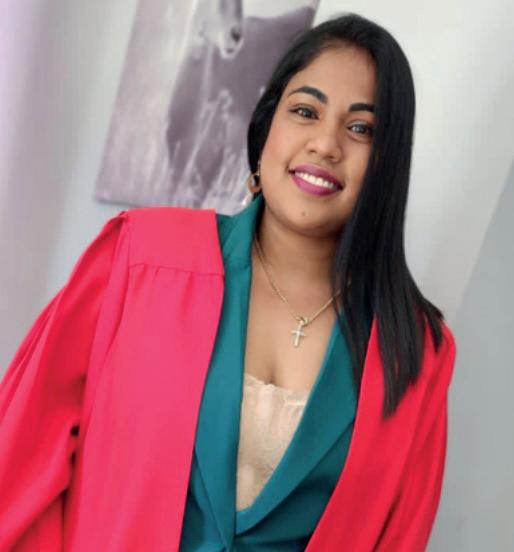
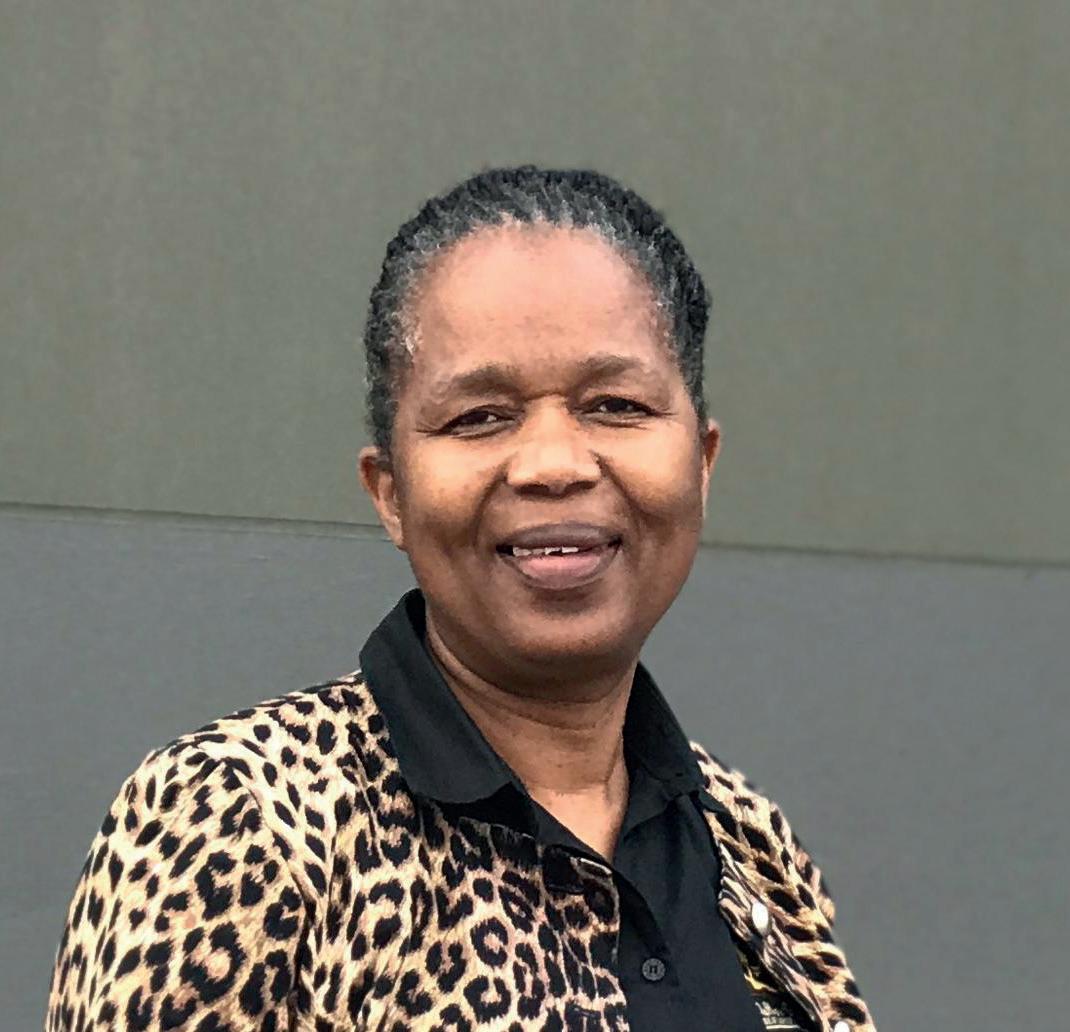

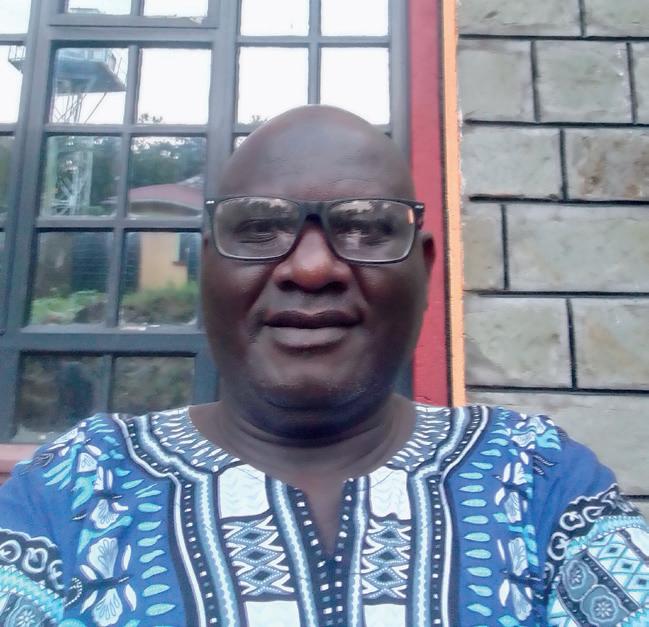


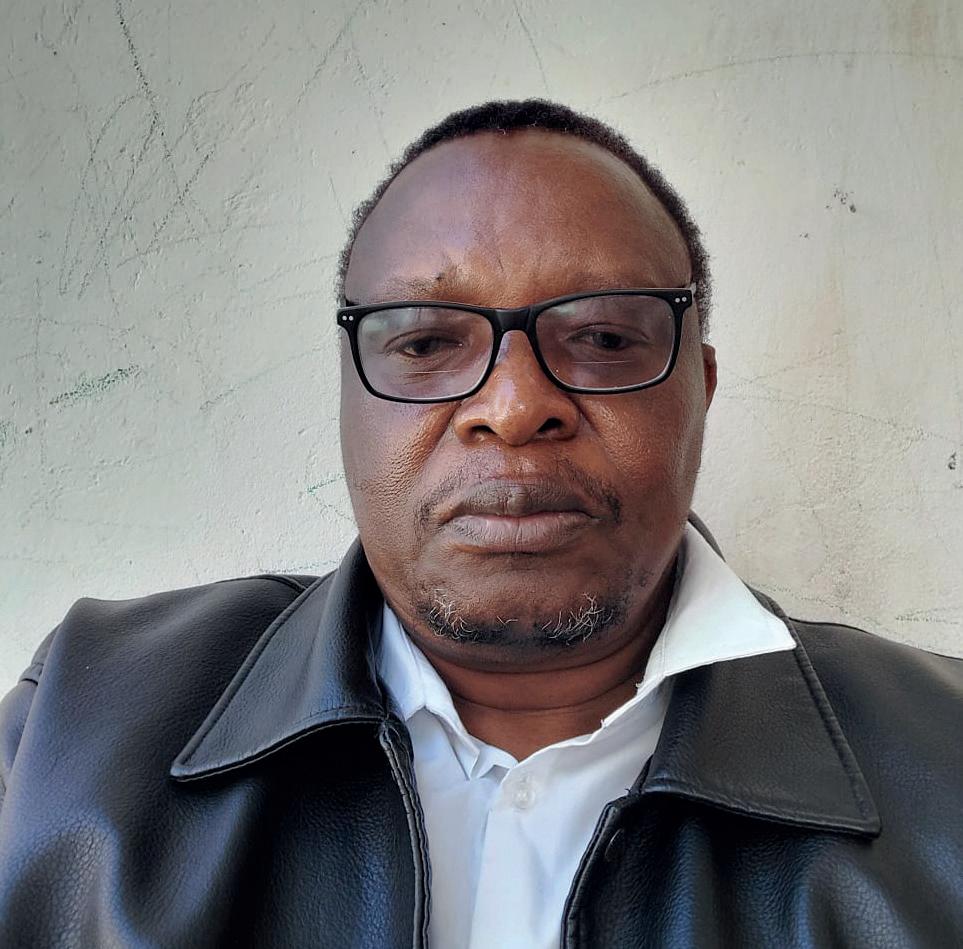
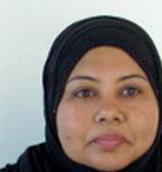






In Shalati’s House, hope is always on the menu. Shalati Mabunda, a dedicated staff member at Wits Education Campus, has spent over a decade serving her community through Christ’s Footsteps, a monthly feeding initiative she runs with her family. Drawing on a childhood shaped by generosity, she prepares hot meals for 35-50 homeless individuals in Windsor East, embodying selfless service. While pursuing an honours degree in Community Health Psychology, Shalati also plans to start an NGO to broaden her outreach, guided by her belief that “there is nothing more fulfilling than helping someone who can’t pay you back.” Shalati’s work exemplifies the WSoE’s values of social justice, compassion, and community engagement. Her efforts not only uplift vulnerable communities but also inspire a culture of volunteerism, strengthening the University’s role as a socially responsive institution committed to real-world change.
socially responsive institution committed to real-world change.
The WSoE’s Student Affairs Committee has once again demonstrated its unwavering commitment to our students, embodying the true spirit of community and support. As our dedicated future educators prepare to embark on their teaching experience, the committee, with the generous backing of our Wits community, has orchestrated impactful initiatives including the “Gift a Pedagogue” Food Hamper Drive, the Hygiene & Personal Care Drives, and the Clothes Drives. These drives are more than just collections of items; they are powerful gestures of care, ensuring that our students can focus on their invaluable practical learning without the added burden of daily necessities. The Student Affairs Committee’s meticulous planning and tireless efforts, coupled with the incredible outpouring of donations from staff, students, and friends of the WSoE, have directly lightened the load for many.
As we celebrate these achievements, we also look ahead. The need for ongoing support remains, and your continued generosity can make an even greater difference. We warmly encourage everyone to participate in future drives and consider donating. Whether it’s a food item, a personal care product, or an article of clothing, every contribution, no matter how small, helps to build a stronger, more supportive foundation for those who will shape the minds of tomorrow. Let’s continue to stand together, nurturing our students as they embark on their transformative journey. Your support is invaluable!

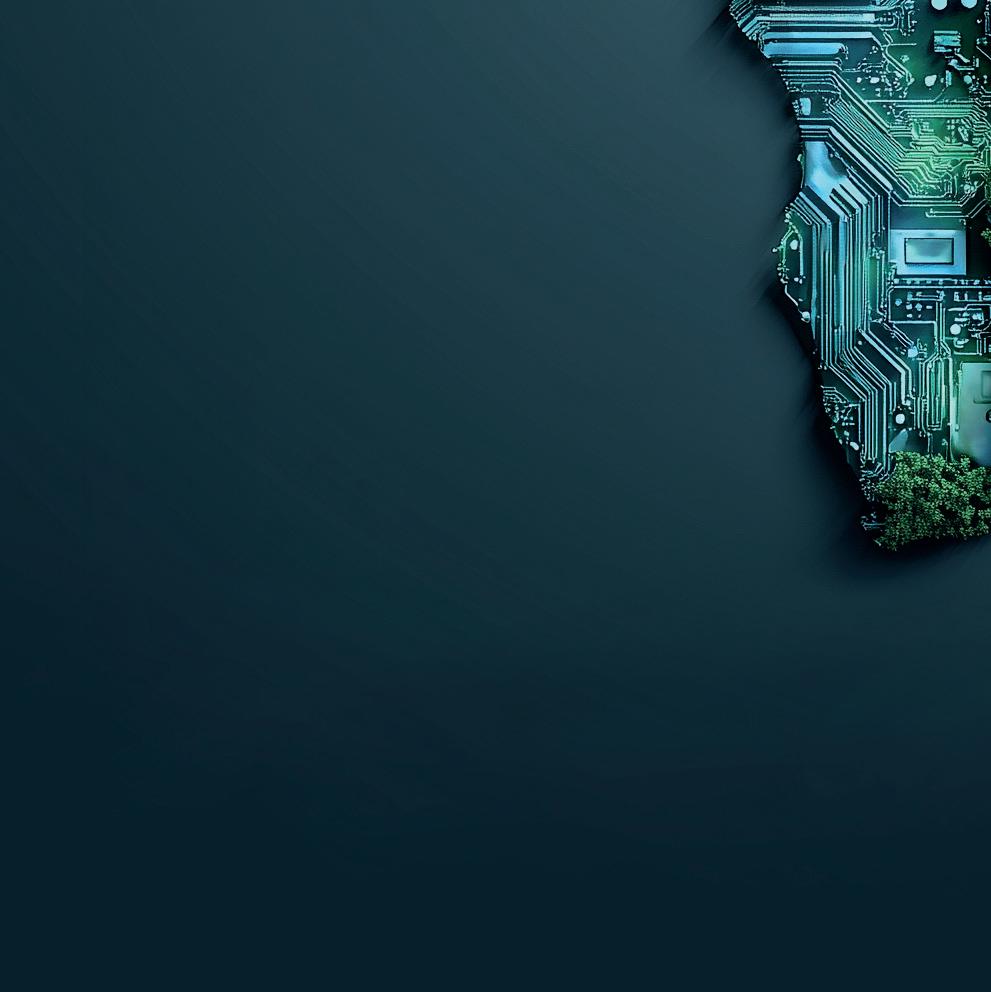
Editorial Team


Dr Presha Ramsarup, Dr Douglas Andrew, Dr Sanele Nsele, Dr Kolodi Senong, Dr Fatima Makda, Renee Grawitzky, Kyeshav Chettiar Marketing Department
#Sch-news.wsoe@wits.ac.za
Rofhiwa Mashau and Leanda Ludick Email Us
